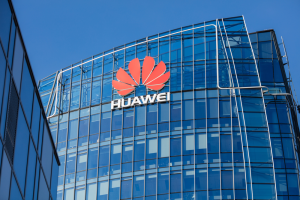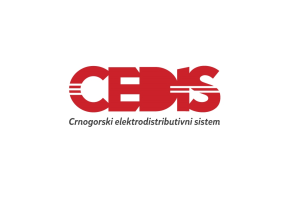Here Nicola Sharp of business crime solicitors Rahman Ravelli outlines the main points of the EU’s 5th Money Laundering Directive and emphasises how important it is that those in business comply with it.
5AMLD is intended to build on the Fourth Anti-Money Laundering Directive’s attack on financial crime by boosting existing transparency rules. As a result, those working in financial services will have to meet new requirements as 5AMLD targets areas that have so far not felt the force of previous directives. And let’s be clear – the new requirements are significant and carry equally significant penalties for those who fail to meet them. The onus, therefore, has to be on compliance.
For the first time, cryptocurrencies will face regulation that was applied to more traditional financial institutions under 4AMLD. Cryptocurrency exchanges will now have to perform customer due diligence and submit suspicious activity reports (SARS) – just like anyone working in the UK’s regulated sector is required to under Part 7 of the Proceeds of Crime Act 2002 (POCA) and the Terrorism Act 2000 – if they know, suspect or have reasonable grounds for knowing or suspecting, that a person is engaged in, or attempting, money laundering or terrorist financing. Virtual currencies are also set to lose their anonymity as EU Financial Intelligence Units (FIU) will have to gain the names and addresses and identities of those who possess such currencies.
[ymal]
5AMLD obliges payment companies to carry out checks on customers using prepaid cards carrying funds of more than €150 –the 4AMLD limit was €250 - and payment service providers will have to make sure the identity is known of anyone authorising a remote payment of more than €50. In a further three years, validation will be required for all remote payments and prepaid cards issued outside of the EU will be prohibited unless they are issued by a country that has anti-money laundering legislation as strong as that in the EU.
5AMLD boils down to one thing: knowing your business. The EU wants its latest directive to take the fight to money laundering. This tightening of restrictions and removal of loopholes is being done by placing greater obligations on those in business – and business cannot afford to ignore it.
Under 5AMLD, EU member states must establish a national register of beneficial ownership information that covers businesses, trusts and even those possessing safe-deposit boxes. The information on each member’s register should be available to share with other members and the records are required to cover anyone who has a 25% or greater stake in a company. But it is the businesses that have to use this to make all the necessary checks to establish exactly who a company’s beneficial owners are before they have any dealings with it.
5AMLD also requires those in business to carry out what amounts to due diligence on countries. Nations deemed to be high-risk because of their lack of effective anti-money regulations and due diligence requirements are placed on an EU list of states that require more intensive checks when money is moved from them into the EU. There is an obligation on regulated businesses to view this list and ensure that their due diligence procedures reflect the risk posed by financial movements from such countries.
Nations deemed to be high-risk because of their lack of effective anti-money regulations and due diligence requirements are placed on an EU list of states that require more intensive checks when money is moved from them into the EU.
Such obligations, it must be said, are not mere bureaucracy. Failing to meet the requirements of 5AMLD can mean fines up to a maximum of €5 million or 10% of annual turnover. When the resulting negative publicity is considered, along with the fact that individuals can be banned from running a regulated business and an organisation can be prevented from trading, the consequences of failing to meet 5AMLD’s requirements cannot be ignored.
5AMLD is looking to target crime. But it is business that has to make sure it is equipped to carry Anti-Money Laundering burden that the directive brings. Basic due diligence checks may not be adequate for the responsibilities that 5AMLD is placing squarely on the shoulders of business. The right controls, procedures and enhanced levels of staff awareness are essential. 5AMLD is extending what is expected of businesses. Not meeting those expectations could be very costly. Taking the right legal advice now can ensure compliance with all aspects of 5AMLD. It is not being too alarmist to say that a failure to do so could prove to be the biggest mistake many companies make in 2020.




















